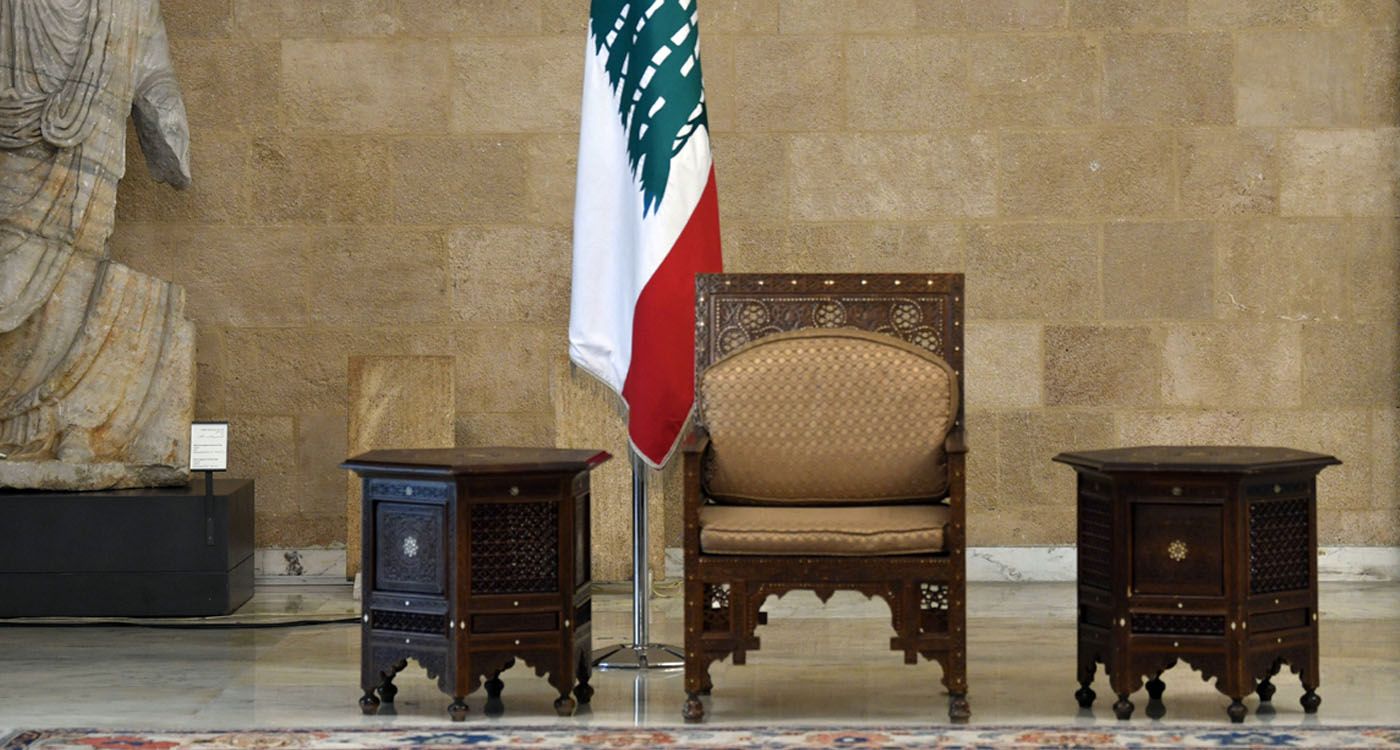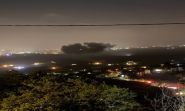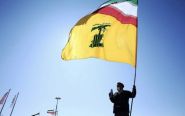
As of today, it appears unlikely that the parliamentary session scheduled for January 9 will result in the election of a new president. However, the days leading up to this session are expected to see intense political activity, with hopes remaining high for a breakthrough—whether through consensus or by securing the necessary 65 votes.
Many are awaiting the crucial decision from abroad, but both the United States and Saudi Arabia have yet to make a firm move, despite their support for Army Commander General Joseph Aoun. It is reported that Saudi advisor Yazeed bin Farhan, who has taken over the Lebanese file from Nizar al-Aloula, has been in contact with Lebanese factions. Meetings are also expected to take place in Riyadh in the coming days to discuss the details of the Lebanese situation, particularly the presidential issue and the formation of a government committed to a clear political, economic, and reform agenda.
Under the Trump administration, the United States would favor postponing a decision on the Lebanese presidential election until after January 20, anticipating that evolving regional dynamics could facilitate General Joseph Aoun's path to the Baabda Palace or lead to the selection of another candidate more suitable for the circumstances.
These positions, shared by both Saudi Arabia and the United States, align with the stance of internal opposition forces, particularly the Lebanese Forces (LF). They argue that any compromise on the presidency with Hezbollah and its allies would undermine the president’s authority and unjustly reward those aligned with the moumana’a axis.
In contrast, Speaker of Parliament Nabih Berri continues his familiar strategy of refraining from endorsing any candidate, particularly after distancing himself from Sleiman Frangieh, leader of the Marada Movement. Instead, he maintains a policy of welcoming all candidates without offering explicit support.
As a result, based on comments attributed to Berri, each candidate believes their chances remain viable. However, Berri is acutely aware that the era of selecting a president as a mere puppet has ended due to shifting dynamics in Lebanon and the region. Consequently, he has ruled out many potential candidates, narrowing his focus to a short list of individuals who possess a solid sovereigntist ideology, a genuine commitment to state-building, and the ability to establish robust international and Arab relations—qualities deemed essential for Lebanon’s recovery.
Sources suggest that Berri is seeking political concessions in exchange for supporting a candidate who meets these criteria. Chief among his demands is a commitment from donor countries to fund the reconstruction of areas devastated during the Hezbollah-Israel conflict. However, initial responses from international stakeholders have stressed the necessity of a lasting framework to minimize the risk of future conflicts with Israel. This framework would require Hezbollah’s disarmament and the dismantling of its military infrastructure.




Comments